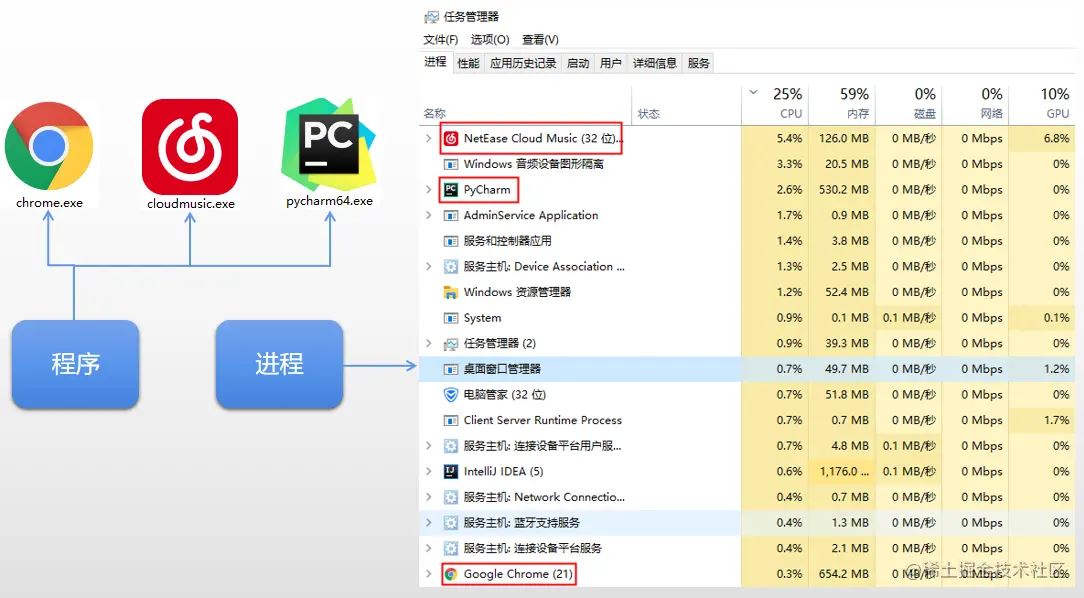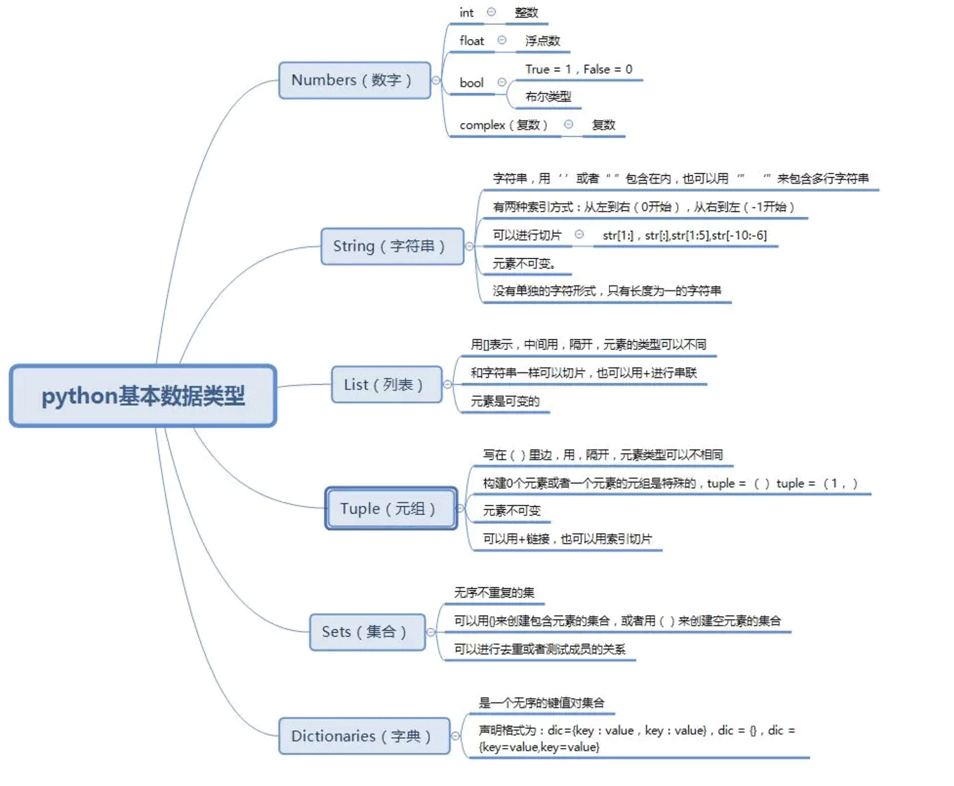工作是一种乐趣时,生活是一种享受!工作是一种义务时,生活则是一种苦役。对待平凡的工作要用不平凡的态度去面对。
本文实例为大家分享了微信小程序跳一跳自动运行脚本,供大家参考,具体内容如下
1、压缩包带了adb等必须工具,配置一下环境变量即可
2、Python 直接运行即可 (Python3.6)
代码:
wechat_jump_auto.py
# coding: utf-8
'''
# === 思路 ===
# 核心:每次落稳之后截图,根据截图算出棋子的坐标和下一个块顶面的中点坐标,
# 根据两个点的距离乘以一个时间系数获得长按的时间
# 识别棋子:靠棋子的颜色来识别位置,通过截图发现最下面一行大概是一条直线,就从上往下一行一行遍历,
# 比较颜色(颜色用了一个区间来比较)找到最下面的那一行的所有点,然后求个中点,
# 求好之后再让 Y 轴坐标减小棋子底盘的一半高度从而得到中心点的坐标
# 识别棋盘:靠底色和方块的色差来做,从分数之下的位置开始,一行一行扫描,由于圆形的块最顶上是一条线,
# 方形的上面大概是一个点,所以就用类似识别棋子的做法多识别了几个点求中点,
# 这时候得到了块中点的 X 轴坐标,这时候假设现在棋子在当前块的中心,
# 根据一个通过截图获取的固定的角度来推出中点的 Y 坐标
# 最后:根据两点的坐标算距离乘以系数来获取长按时间(似乎可以直接用 X 轴距离)
'''
import os
import sys
import subprocess
import time
import math
from PIL import Image
import random
from six.moves import input
import debug, config
import numpy as np
VERSION = "1.1.1"
debug_switch = False # debug 开关,需要调试的时候请改为:True
config = config.open_accordant_config()
# Magic Number,不设置可能无法正常执行,请根据具体截图从上到下按需设置,设置保存在 config 文件夹中
under_game_score_y = config['under_game_score_y']
press_coefficient = config['press_coefficient'] # 长按的时间系数,请自己根据实际情况调节
piece_base_height_1_2 = config['piece_base_height_1_2'] # 二分之一的棋子底座高度,可能要调节
piece_body_width = config['piece_body_width'] # 棋子的宽度,比截图中量到的稍微大一点比较安全,可能要调节
screenshot_way = 2
def pull_screenshot():
'''
新的方法请根据效率及适用性由高到低排序
'''
global screenshot_way
if screenshot_way == 2 or screenshot_way == 1:
process = subprocess.Popen('adb shell screencap -p', shell=True, stdout=subprocess.PIPE)
screenshot = process.stdout.read()
if screenshot_way == 2:
binary_screenshot = screenshot.replace(b'\r\n', b'\n')
else:
binary_screenshot = screenshot.replace(b'\r\r\n', b'\n')
f = open('autojump.png', 'wb')
f.write(binary_screenshot)
f.close()
elif screenshot_way == 0:
os.system('adb shell screencap -p /sdcard/autojump.png')
os.system('adb pull /sdcard/autojump.png .')
def set_button_position(im):
'''
将 swipe 设置为 `再来一局` 按钮的位置
'''
global swipe_x1, swipe_y1, swipe_x2, swipe_y2
w, h = im.size
left = int(w / 2)
top = int(1584 * (h / 1920.0))
left = int(random.uniform(left-50, left+50))
top = int(random.uniform(top-10, top+10)) # 随机防 ban
swipe_x1, swipe_y1, swipe_x2, swipe_y2 = left, top, left, top
def jump(distance):
'''
跳跃一定的距离
'''
press_time = distance * press_coefficient
press_time = max(press_time, 200) # 设置 200ms 是最小的按压时间
press_time = int(press_time)
cmd = 'adb shell input swipe {x1} {y1} {x2} {y2} {duration}'.format(
x1=swipe_x1,
y1=swipe_y1,
x2=swipe_x2,
y2=swipe_y2,
duration=press_time
)
print(cmd)
os.system(cmd)
return press_time
def find_piece_and_board(im):
'''
寻找关键坐标
'''
w, h = im.size
piece_x_sum = 0
piece_x_c = 0
piece_y_max = 0
board_x = 0
board_y = 0
scan_x_border = int(w / 8) # 扫描棋子时的左右边界
scan_start_y = 0 # 扫描的起始 y 坐标
im_pixel = im.load()
# 以 50px 步长,尝试探测 scan_start_y
for i in range(int(h / 3), int(h*2 / 3), 50):
last_pixel = im_pixel[0, i]
for j in range(1, w):
pixel = im_pixel[j, i]
# 不是纯色的线,则记录 scan_start_y 的值,准备跳出循环
if pixel[0] != last_pixel[0] or pixel[1] != last_pixel[1] or pixel[2] != last_pixel[2]:
scan_start_y = i - 50
break
if scan_start_y:
break
print('scan_start_y: {}'.format(scan_start_y))
# 从 scan_start_y 开始往下扫描,棋子应位于屏幕上半部分,这里暂定不超过 2/3
for i in range(scan_start_y, int(h * 2 / 3)):
for j in range(scan_x_border, w - scan_x_border): # 横坐标方面也减少了一部分扫描开销
pixel = im_pixel[j, i]
# 根据棋子的最低行的颜色判断,找最后一行那些点的平均值,这个颜色这样应该 OK,暂时不提出来
if (50 < pixel[0] < 60) and (53 < pixel[1] < 63) and (95 < pixel[2] < 110):
piece_x_sum += j
piece_x_c += 1
piece_y_max = max(i, piece_y_max)
if not all((piece_x_sum, piece_x_c)):
return 0, 0, 0, 0
piece_x = int(piece_x_sum / piece_x_c)
piece_y = piece_y_max - piece_base_height_1_2 # 上移棋子底盘高度的一半
# 限制棋盘扫描的横坐标,避免音符 bug
if piece_x < w/2:
board_x_start = piece_x
board_x_end = w
else:
board_x_start = 0
board_x_end = piece_x
for i in range(int(h / 3), int(h * 2 / 3)):
last_pixel = im_pixel[0, i]
if board_x or board_y:
break
board_x_sum = 0
board_x_c = 0
for j in range(int(board_x_start), int(board_x_end)):
pixel = im_pixel[j, i]
# 修掉脑袋比下一个小格子还高的情况的 bug
if abs(j - piece_x) < piece_body_width:
continue
# 修掉圆顶的时候一条线导致的小 bug,这个颜色判断应该 OK,暂时不提出来
if abs(pixel[0] - last_pixel[0]) + abs(pixel[1] - last_pixel[1]) + abs(pixel[2] - last_pixel[2]) > 10:
board_x_sum += j
board_x_c += 1
if board_x_sum:
board_x = board_x_sum / board_x_c
last_pixel = im_pixel[board_x, i]
# 从上顶点往下 +274 的位置开始向上找颜色与上顶点一样的点,为下顶点
# 该方法对所有纯色平面和部分非纯色平面有效,对高尔夫草坪面、木纹桌面、药瓶和非菱形的碟机(好像是)会判断错误
for k in range(i+274, i, -1): # 274 取开局时最大的方块的上下顶点距离
pixel = im_pixel[board_x, k]
if abs(pixel[0] - last_pixel[0]) + abs(pixel[1] - last_pixel[1]) + abs(pixel[2] - last_pixel[2]) < 10:
break
board_y = int((i+k) / 2)
# 如果上一跳命中中间,则下个目标中心会出现 r245 g245 b245 的点,利用这个属性弥补上一段代码可能存在的判断错误
# 若上一跳由于某种原因没有跳到正中间,而下一跳恰好有无法正确识别花纹,则有可能游戏失败,由于花纹面积通常比较大,失败概率较低
for l in range(i, i+200):
pixel = im_pixel[board_x, l]
if abs(pixel[0] - 245) + abs(pixel[1] - 245) + abs(pixel[2] - 245) == 0:
board_y = l+10
break
if not all((board_x, board_y)):
return 0, 0, 0, 0
return piece_x, piece_y, board_x, board_y
def check_screenshot():
'''
检查获取截图的方式
'''
global screenshot_way
if os.path.isfile('autojump.png'):
os.remove('autojump.png')
if (screenshot_way < 0):
print('暂不支持当前设备')
sys.exit()
pull_screenshot()
try:
Image.open('./autojump.png').load()
print('采用方式 {} 获取截图'.format(screenshot_way))
except Exception:
screenshot_way -= 1
check_screenshot()
def yes_or_no(prompt, true_value='y', false_value='n', default=True):
default_value = true_value if default else false_value
prompt = '%s %s/%s [%s]: ' % (prompt, true_value, false_value, default_value)
i = input(prompt)
if not i:
return default
while True:
if i == true_value:
return True
elif i == false_value:
return False
prompt = 'Please input %s or %s: ' % (true_value, false_value)
i = input(prompt)
def main():
'''
主函数
'''
op = yes_or_no('请确保手机打开了 ADB 并连接了电脑,然后打开跳一跳并【开始游戏】后再用本程序,确定开始?')
if not op:
print('bye')
return
print('程序版本号:{}'.format(VERSION))
debug.dump_device_info()
check_screenshot()
i, next_rest, next_rest_time = 0, random.randrange(3, 10), random.randrange(5, 10)
while True:
pull_screenshot()
im = Image.open('./autojump.png')
# 获取棋子和 board 的位置
piece_x, piece_y, board_x, board_y = find_piece_and_board(im)
ts = int(time.time())
print(ts, piece_x, piece_y, board_x, board_y)
set_button_position(im)
jump(math.sqrt((board_x - piece_x) ** 2 + (board_y - piece_y) ** 2))
if debug_switch:
debug.save_debug_screenshot(ts, im, piece_x, piece_y, board_x, board_y)
debug.backup_screenshot(ts)
i += 1
if i == next_rest:
print('已经连续打了 {} 下,休息 {}s'.format(i, next_rest_time))
for j in range(next_rest_time):
sys.stdout.write('\r程序将在 {}s 后继续'.format(next_rest_time - j))
sys.stdout.flush()
time.sleep(2)
print('\n继续')
i, next_rest, next_rest_time = 0, random.randrange(30, 100), random.randrange(10, 60)
time.sleep(np.random.uniform(0.6,0.9)) # 为了保证截图的时候应落稳了,多延迟一会儿,随机值防 ban
if __name__ == '__main__':
main()
simple.py
# -*- coding: utf-8 -*-
import numpy as np
import cv2
import os
import time
import re
# 屏幕截图
def pull_screenshot(path):
os.system('adb shell screencap -p /sdcard/%s' % path)
os.system('adb pull /sdcard/%s .' % path)
# 根据x距离跳跃
def jump(distance, alpha):
press_time = max(int(distance * alpha), 200)
cmd = 'adb shell input swipe {} {} {} {} {}'.format(bx1, by1, bx2, by2, press_time)
os.system(cmd)
screenshot = 'screenshot.png'
alpha = 0
bx1, by1, bx2, by2 = 0, 0, 0, 0
chess_x = 0
target_x = 0
fix = 1.6667
# 检查分辨率是否是960x540
size_str = os.popen('adb shell wm size').read()
if size_str:
m = re.search(r'(\d+)x(\d+)', size_str)
if m:
hxw = "{height}x{width}".format(height=m.group(2), width=m.group(1))
if hxw == "960x540":
fix = 3.16
while True:
pull_screenshot(screenshot)
image_np = cv2.imread(screenshot)
image_np = cv2.cvtColor(image_np, cv2.COLOR_BGR2RGB)
gray = cv2.Canny(image_np, 20, 80)
HEIGHT = image_np.shape[0]
WIDTH = image_np.shape[1]
bx1 = WIDTH / 2
bx2 = WIDTH / 2
by1 = HEIGHT * 0.785
by2 = HEIGHT * 0.785
alpha = WIDTH * fix
# 获取棋子x坐标
linemax = []
for i in range(int(HEIGHT * 0.4), int(HEIGHT * 0.6)):
line = []
for j in range(int(WIDTH * 0.15), int(WIDTH * 0.85)):
if image_np[i, j, 0] > 40 and image_np[i, j, 0] < 70 and image_np[i, j, 1] > 40 and image_np[i, j, 1] < 70 and image_np[i, j, 2] > 60 and image_np[i, j, 2] < 110:
gray[i, j] = 255
if len(line) > 0 and j - line[-1] > 1:
break
else:
line.append(j)
if len(line) > 5 and len(line) > len(linemax):
linemax = line
if len(linemax) > 20 and len(line) == 0:
break
chess_x = int(np.mean(linemax))
# 获取目标x坐标
for i in range(int(HEIGHT * 0.3), int(HEIGHT * 0.5)):
flag = False
for j in range(WIDTH):
# 超过朋友时棋子上方的图案
if np.abs(j - chess_x) < len(linemax):
continue
if not gray[i, j] == 0:
target_x = j
flag = True
break
if flag:
break
# 修改检测图
gray[:, chess_x] = 255
gray[:, target_x] = 255
# 保存检测图
cv2.imwrite('detection.png', gray)
print(chess_x, target_x)
jump(float(np.abs(chess_x - target_x)) / WIDTH, alpha)
# 等棋子落稳
time.sleep(np.random.random() + 1)
下载:微信小程序跳一跳自动运行脚本
更多内容大家可以参考专题《微信跳一跳》进行学习。
更多精彩书单,请点击python编程必备书单
领取干货:零基础入门学习python视频好代码教程
以上就是微信跳一跳自动运行python脚本。成功都永远不会言弃,放弃者永远不会成功。更多关于微信跳一跳自动运行python脚本请关注haodaima.com其它相关文章!





